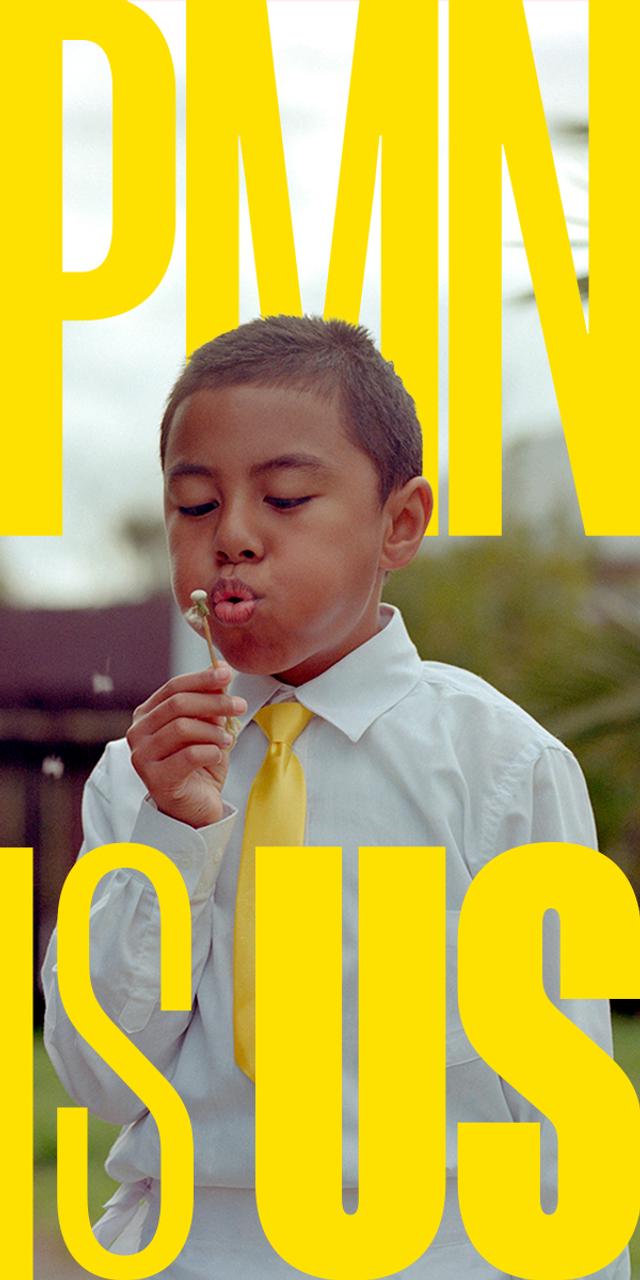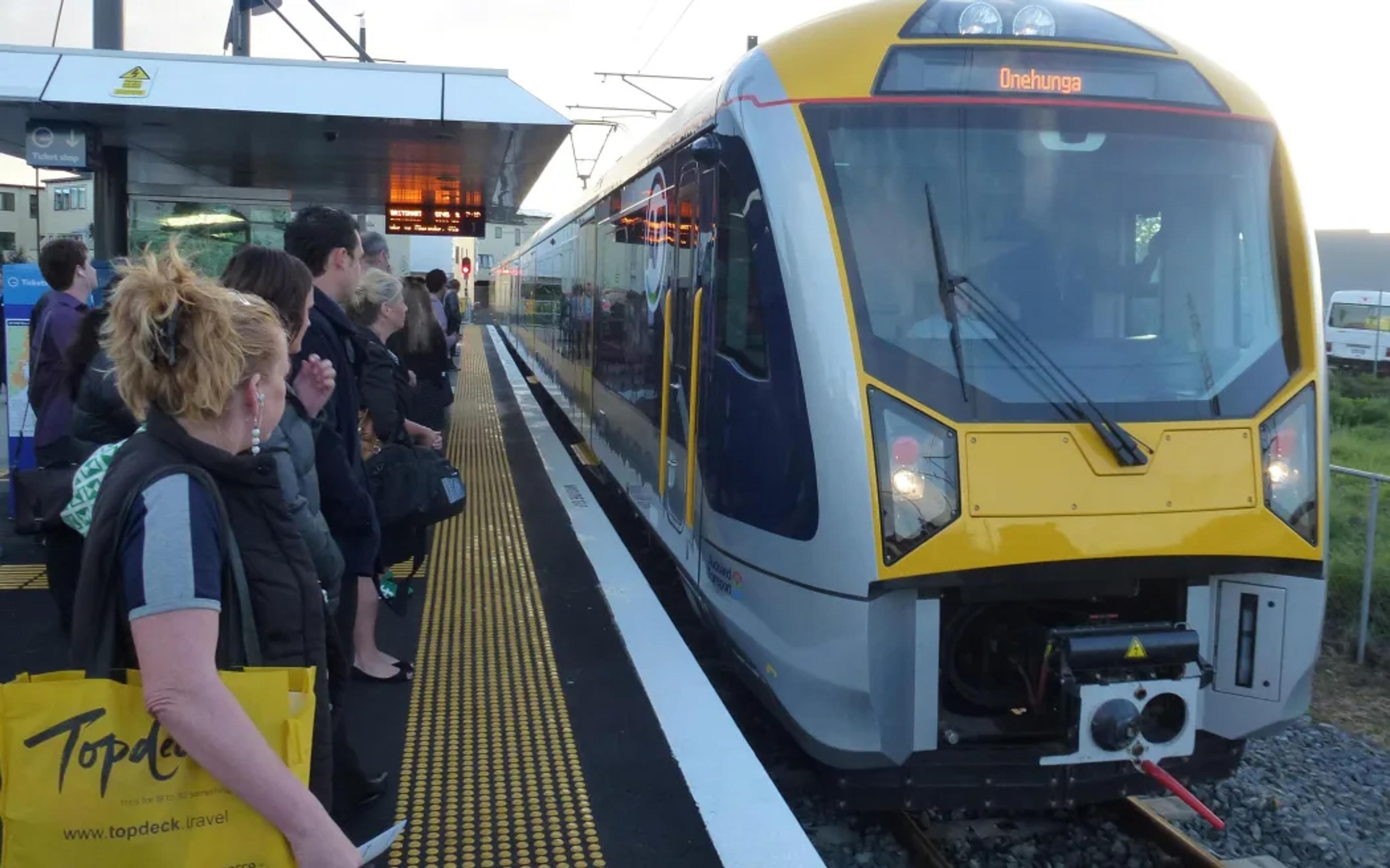
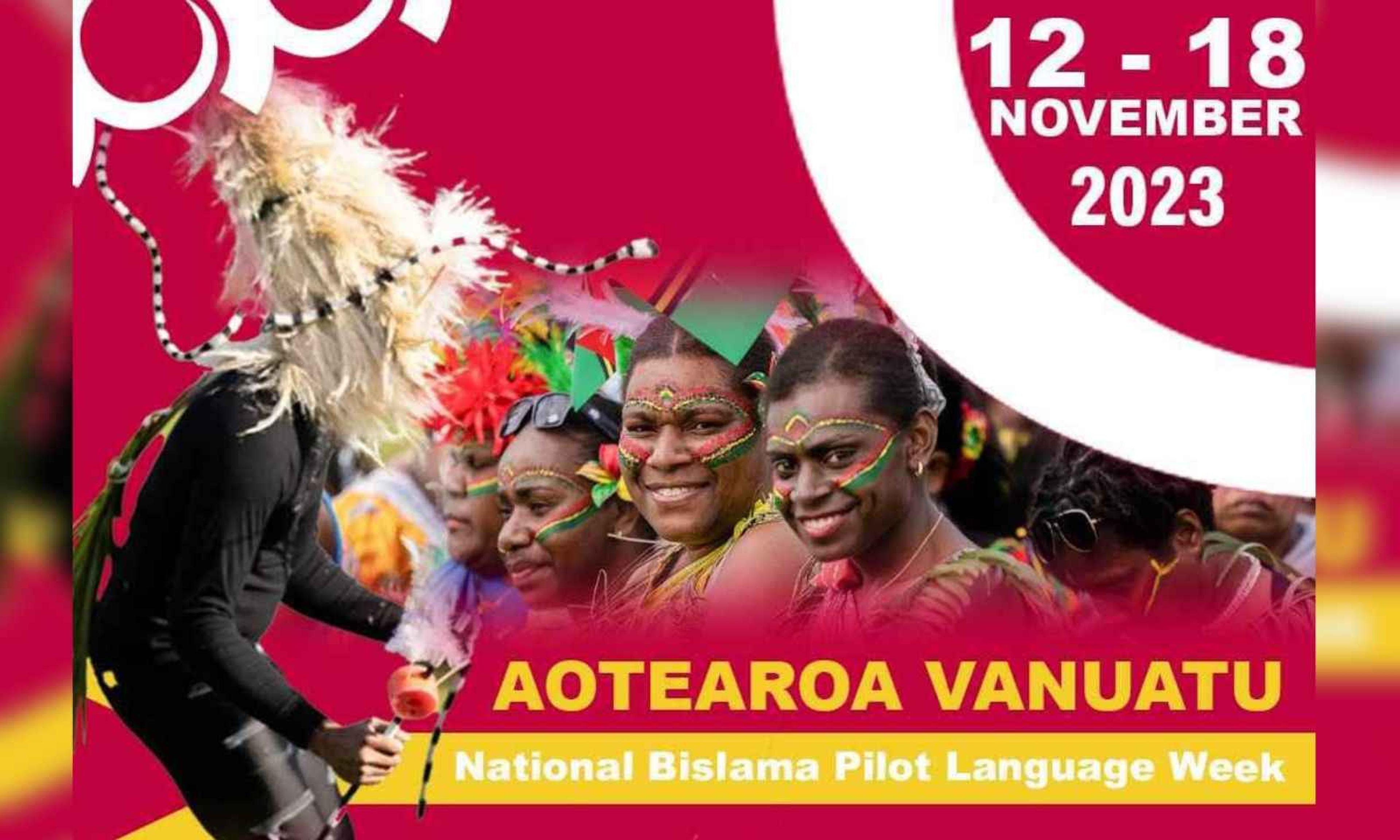
Vanuatu Bislama Language Week poster
Photo/Facebook: Vanuatu Bislama Language Week - Auckland
Local Ni-Vanuatu group trialing the first Bislama Language Week in Aotearoa
The main theme of the week is "Leftemap Bislama" which roughly translate to "Lift them up Bislama".

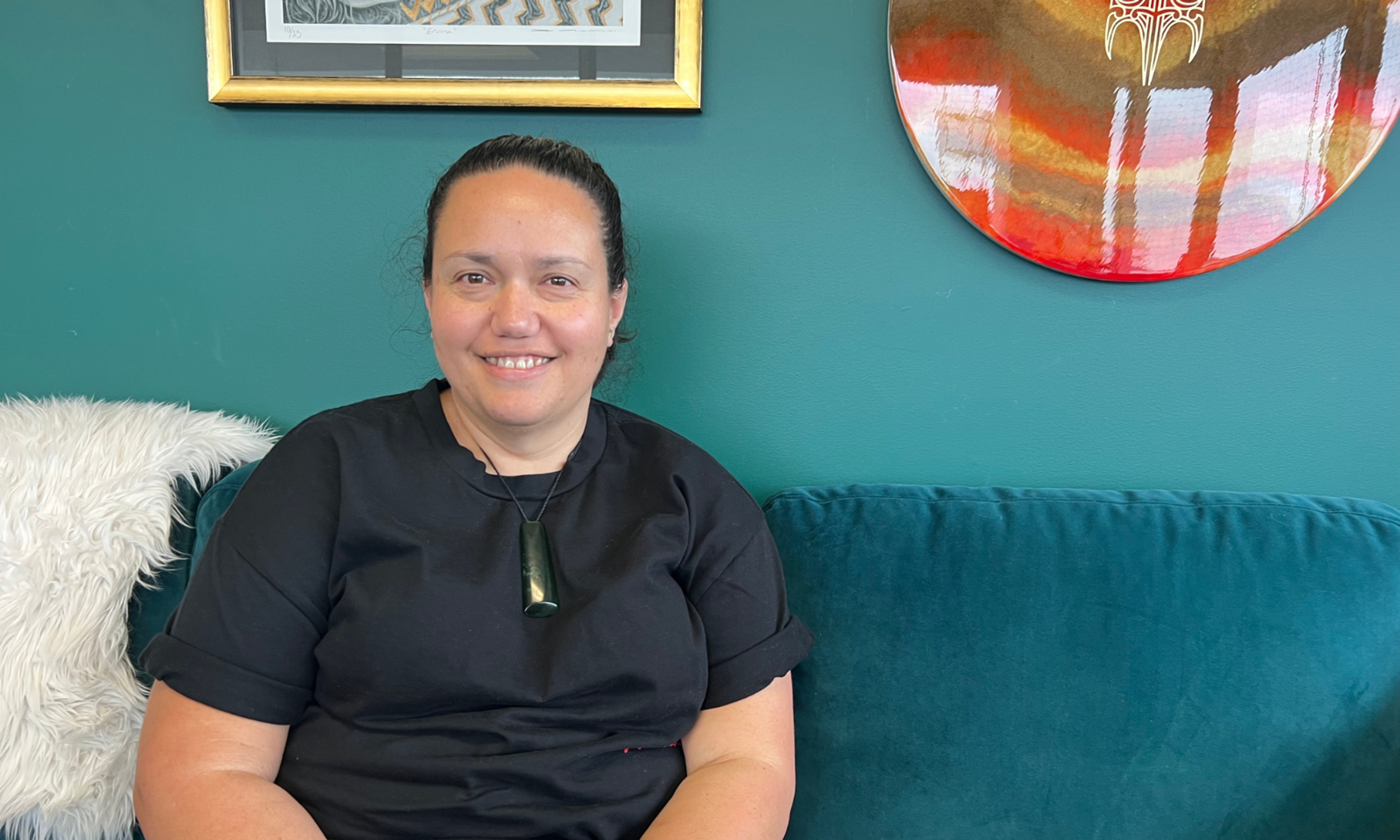
Pacific workers encouraged to consider digital careers, as NZ unemployment rises
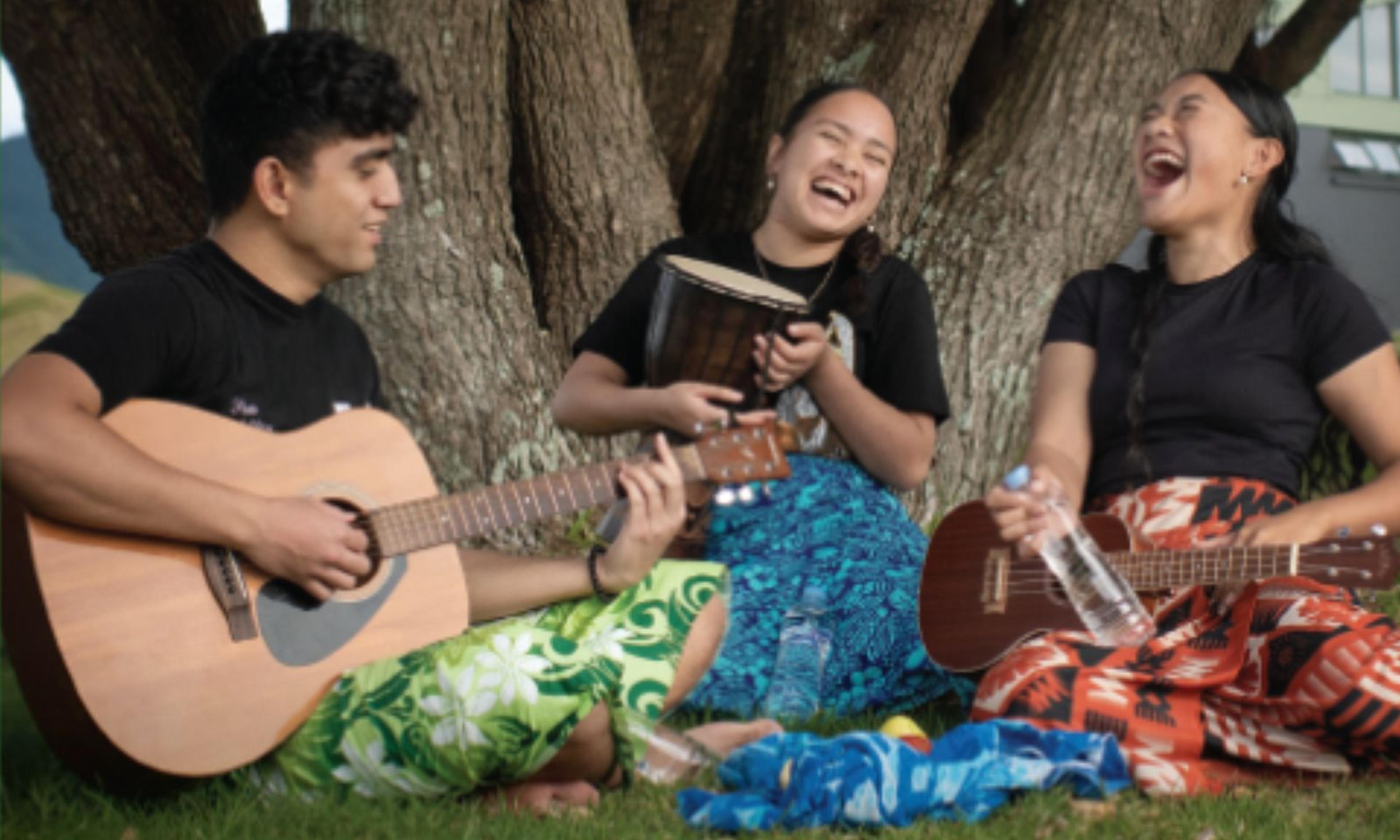
Call for govt to prioritise Pacific people struggling with language and culture

Report finds youth employment and gender gaps in Pacific remains high


Pacific workers encouraged to consider digital careers, as NZ unemployment rises

Call for govt to prioritise Pacific people struggling with language and culture

Report finds youth employment and gender gaps in Pacific remains high
A Bislama Language Week pilot launched on Monday, celebrating one of the three official languages of Vanuatu.
One of the organising group's members, Erica Wing says the project has been in the works since early January when some Ni-Vanuatu (Vanuatu people) wanted to try a language week.
"We've seen other Pacific Islands bring more awareness with their language," Wing says.
"We're thinking we've been here in New Zealand for quite some time now, why not be part of this amazing language week as well?" she says.
The other two official languages of the South Pacific nation are English and French.
The main theme of the week is "Leftemap Bislama," which Wing says homophone for the English sentence "Lift them up Bislama," meaning to uplift the language.
The purpose for the pilot is to recognise this community living across Aotearoa by using the language "to connect with it's people".
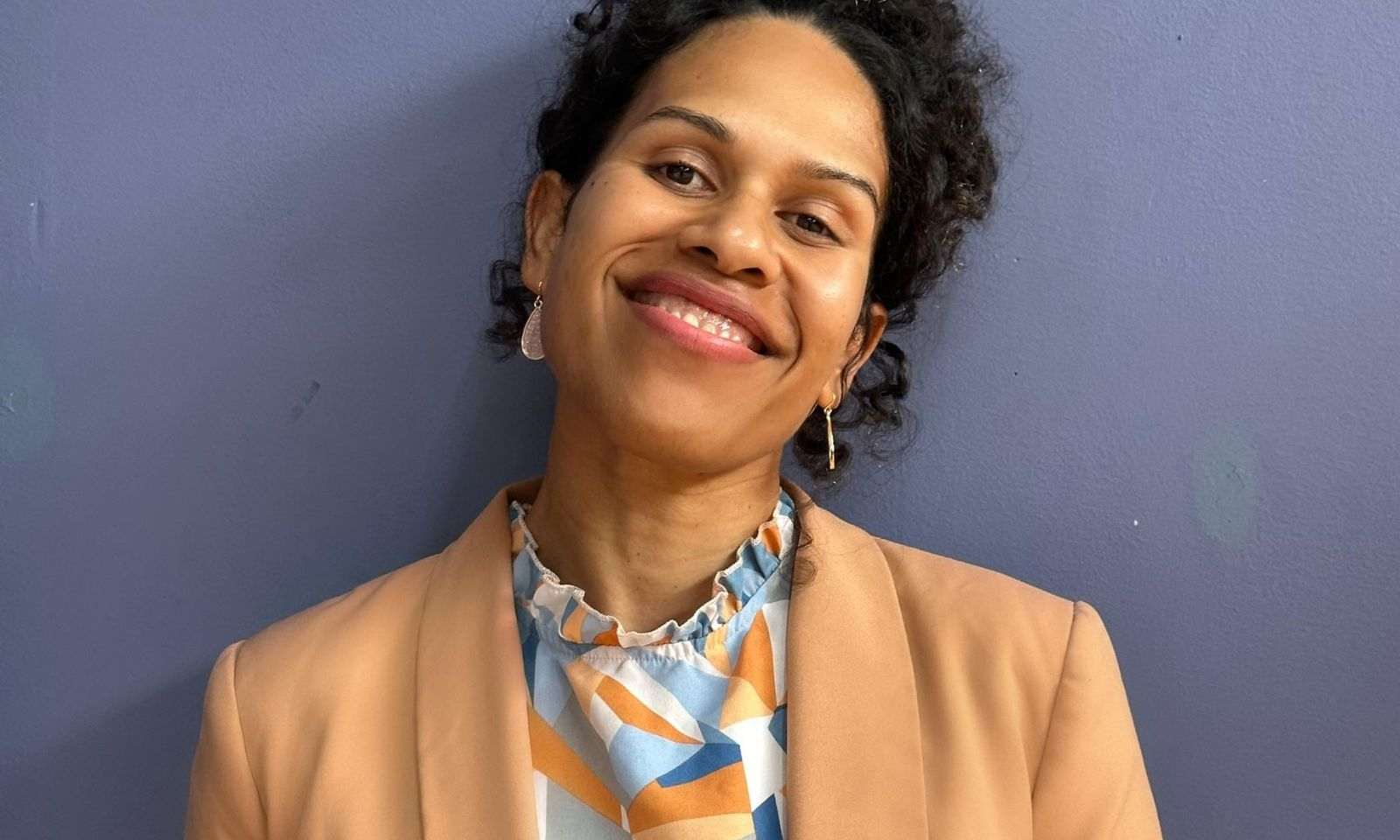
Erica Wing. Photo/Facebook: Erica Wing
Although Vanuatu consists of 83 islands, Wing says there are 145 languages actively used, but Bislama is the one that bridges communication.
"We use it in education, media and various things in Vanuatu," Wing says.
"Bislama is widely used in Vanuatu and I guess Bislama brings people together, to connect people.
"I could have someone from the islands of Tanna and we're both speaking two different languages but when we use Bislama it connects."
Bislama, which borrows words from English, French, Spanish and indigenous languages, and has a dark history connected to the "blackbirding" period of Australia.
During the 1870s and 1880s thousands of Ni-Vanuatu were taken as indentured labourers, often kidnapped, to Queensland, Australia and Fiji and forced to work on plantations.
This also included Solomon Islanders and Papua New Guinea peoples, and saw up to 60,000 Pacific Islanders taken from Melanesia to Australian plantations.
Due to the varying languages and cultures the labourers came from, they developed pidgin English to communicate between one another, plantation owners, European traders and settlers.
Pidgin or Bislama in Vanuatu spread in the early 20th century upon the return of those who survived Blackbirding, the same for Tok Pisin of Papua New Guinea and Pijin of the Solomon Islands.
Wing says the focus of this pilot language week is developing a network between Bislama speakers in Aotearoa and developing daily themes.
She says Wednesday's theme was sharing stories, saying a prayer and communicating all in Bislama.
"We're not using it in a way where we're educating people at the moment but we're using it where we're speaking to each other in Bislama."
Currently, the Ministry for Pacific Peoples supports nine Pacific language weeks, and Bislama is not one but this is something Wing says they aim to change.
"This is like an open door for us to get us working together collectively and showcasing that we are a community and we can work together."
Watch the full interview from 531's Facebook page below:
